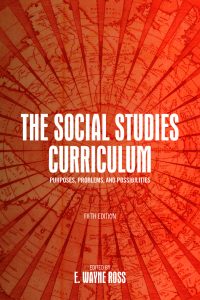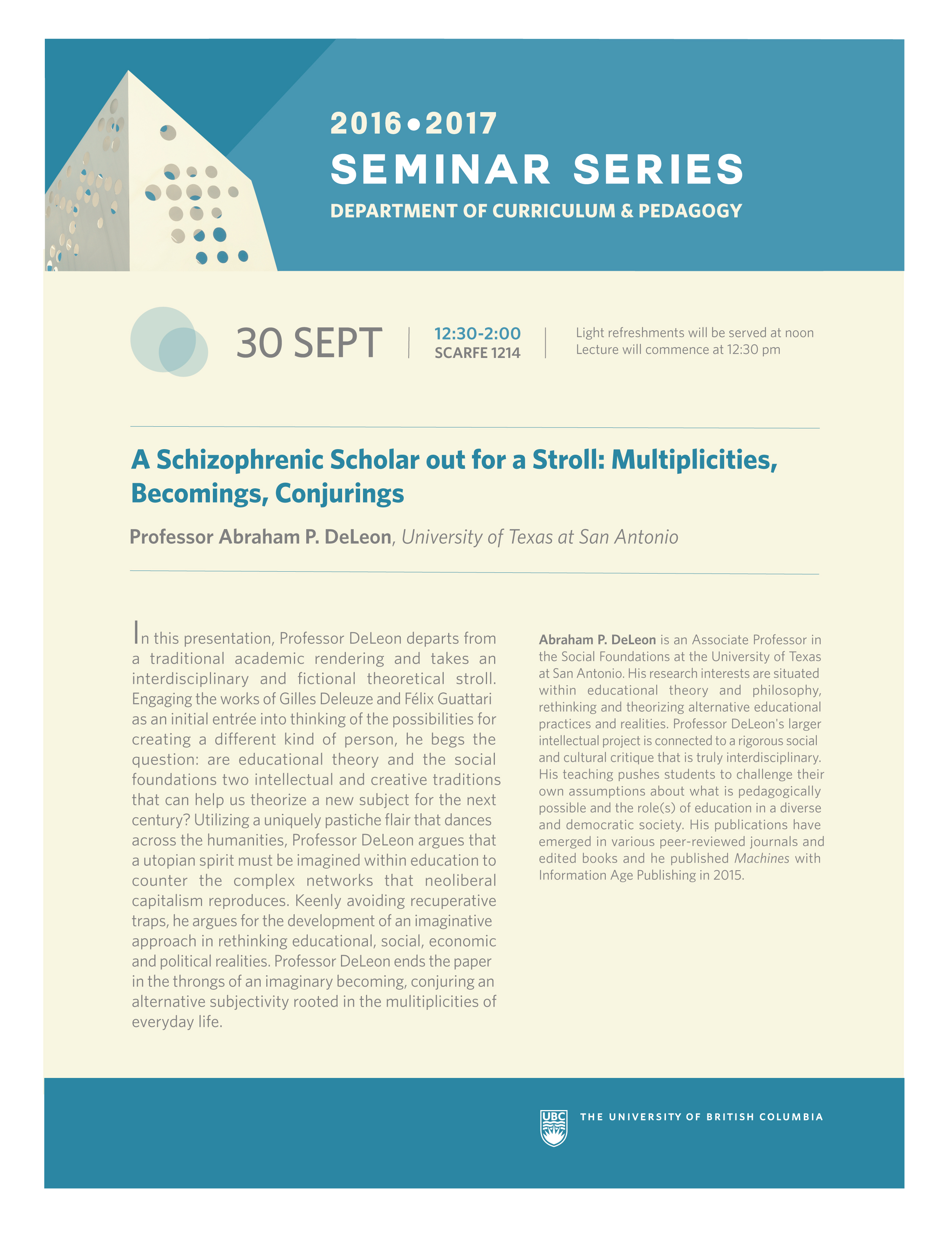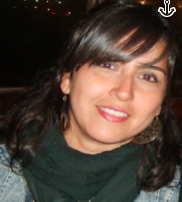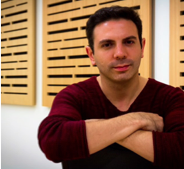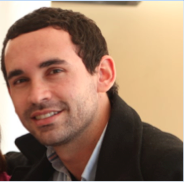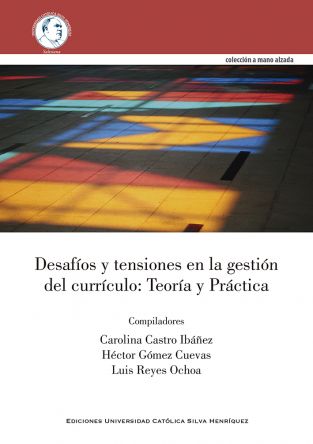The article “Towards an Ideal Model of Education for Critical Citizenship. An Analysis of the Spanish Curricular Change in Social Sciences” published in January 2025 in the European Journal of Education is now available under Open Access license.
The article examines the integration of citizenship education in Spain’s new social sciences curriculum, focusing on primary and secondary education. It highlights the importance of fostering critical citizenship, which involves questioning societal norms, challenging injustices, and engaging in transformative social action. The study uses the International Civic and Citizenship Education Study (ICCS) framework to analyze the curriculum, revealing a stronger emphasis on cognitive skills and content knowledge compared to attitudes and engagement.
Key findings include:
- Cognitive and Content Focus: The curriculum prioritizes cognitive domains (e.g., reasoning and application) and content domains (e.g., civic principles and roles) over attitudes and engagement.
- Inconsistencies in Curriculum Elements: While competencies emphasize citizenship commitment, evaluation criteria and basic knowledge lack coherence, limiting practical classroom implementation.
- Limited Focus on Engagement: Engagement-related dimensions, such as activism and social participation, are minimally addressed, distancing the curriculum from fostering active democratic citizenship.
- Imbalance in Basic Knowledge: Basic knowledge focuses solely on content, neglecting cognitive, attitudinal, and engagement aspects.
The study concludes that while the curriculum incorporates cognitive and content domains effectively, it falls short in promoting critical social action and engagement. Future efforts should focus on aligning curriculum elements and fostering interdisciplinary approaches to empower students as active participants in democracy. Researchers are encouraged to examine the practical implementation of these curricular changes to advance education for social justice.
Navarro Medina, E , Ross, E. W., Pérez-Rodríguez, N., & De Alba Fernandez, N. (2025). Towards an ideal model of education for critical citizenship. An analysis of the Spanish curricular change in social sciences. European Journal of Education, 60(1), e70010. https://doi.org/10.1111/ejed.70010

